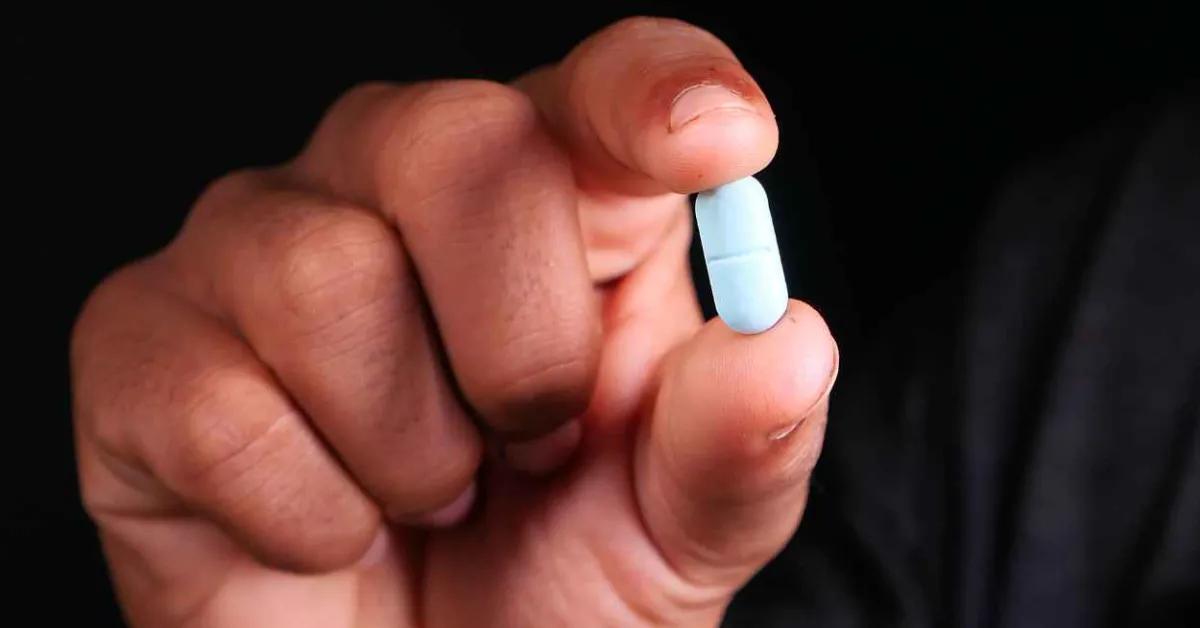The Janssen Pharmaceutical Companies of Johnson & Johnson (Janssen) announced today promising data from a Phase 2a human challenge study evaluating JNJ-1802, a first-in-class oral antiviral in development for the prevention of dengue. The data showed that the compound induced antiviral activity against dengue (DENV-3) in humans, compared to placebo, and is safe and well-tolerated. The data were announced at the American Society of Tropical Medicine & Hygiene Annual Meeting in Chicago, Illinois.
JNJ-1802 is the first antiviral to show such activity in humans during a clinical trial. The compound has advanced to a community-based field study to establish efficacy against circulating dengue serotypes in a real-world setting. The study is being conducted in 30+ sites in 10 countries, including Philippines, Thailand, Peru, Brazil and Colombia.
“Climate change threatens to put more people at risk of dengue, yet the world lacks the necessary tools to combat this significant health challenge,” said Ruxandra Draghia-Akli, M.D., Ph.D., Global Head, Global Public Health R&D at Janssen Research & Development, LLC. “For over a decade, we have been committed to following the science to bring forward new solutions for dengue and this new data is an encouraging step forward to addressing the expanding impact of climate change on human health.”
The two-center, randomized, double-blind, placebo-controlled human challenge study evaluated the antiviral activity, safety and pharmacokinetics of different dosing regimens – low, medium or high – of JNJ-1802 against an attenuated dengue 3 serotype (DENV-3) in healthy adults. All participants received daily doses of JNJ-1802 or a placebo over 26 days, during which they were challenged with DENV-3 on day 5. All participants were monitored over 85 days. The study found dose-dependent antiviral effect on the detectability of DENV-3 RNA and time to first onset of detectable DENV-3 RNA compared to placebo and was safe and well-tolerated.
“The promising results of JNJ-1802 to date offer the hope that science will be able to deliver against this threat as more and more communities are impacted worldwide,” said Marnix Van Loock, Ph.D., Lead for Emerging Pathogens, Global Public Health R&D at Janssen Pharmaceutica NV. “Dengue requires global action, and we are proud to collaborate alongside partners around the world in advancing the development of this compound to its next phase.”
This study follows data published in Nature in March 2023, which showed that JNJ-1802 provides strong protection against dengue in non-human primates and mice, and a Phase 1 first-in-human clinical study showing that the antiviral was safe and well-tolerated.
Janssen thanks its supporting partners including the National Institutes of Health (NIH), National Institute of Allergy and Infectious Diseases (NIAID), Division of Clinical Research (DCR and Office of Clinical Research Policy and Regulatory Operations (OCRPRO) for their collaboration in conducting this trial.
A New Tool to Fight a Growing Threat
The development of a dengue antiviral is critically important to global health. Over half the world’s population currently lives in areas where dengue is endemic. Dengue fever impacts at least 400 million annually, sickening an estimated 100 million and killing thousands, with more going undiagnosed or misdiagnosed.
Changes in climate are exacerbating the crisis, lengthening the infection season and allowing the mosquito that carries the virus to spread beyond its native regions. In 2023, countries like Bolivia, Peru and Bangladesh have already reported some of their worst outbreaks on record, and countries like the U.S., Spain and France are seeing a rise of locally acquired cases for the first time.
Research and development (R&D) against dengue has proven challenging due to four globally circulating serotypes and there are currently no therapeutics and only two licensed vaccines limitedly available. Investment in antivirals, which do not require cold chain and can induce immunity in just days, is sorely needed to diversify the prevention toolbox to slow down outbreaks and limit epidemic-levels of cases.














